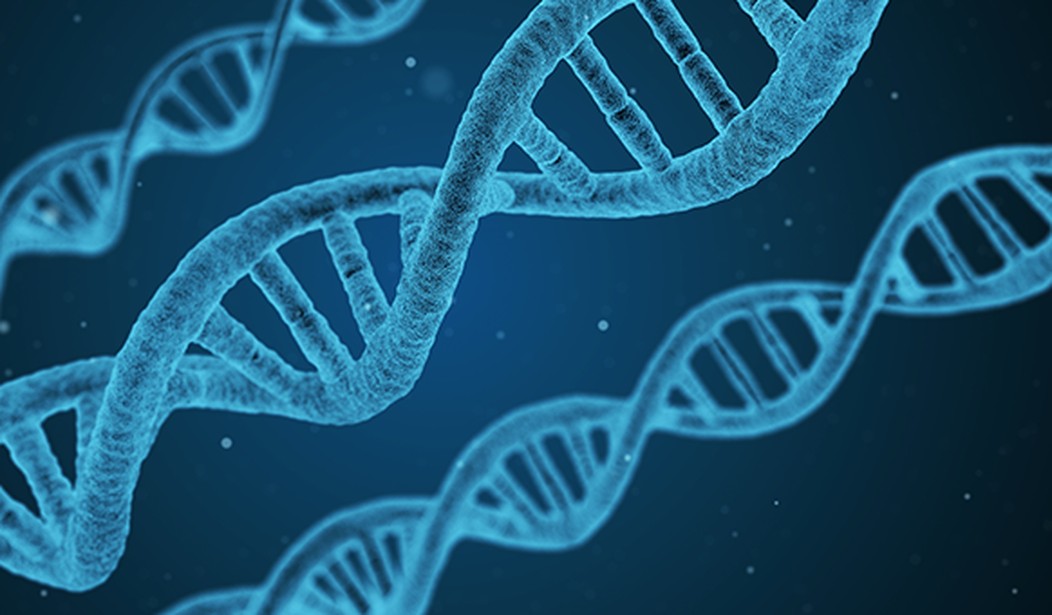The Anti-Defamation League (ADL) issued a startling report in March of this year. The report revealed that antisemitic incidents increased by 36% in 2022, the highest increase since 1979. Sadly, it was the third new record in the past four years.
In an interview with PBS, Jonathon Greenblatt, CEO and National Director of the ADL, confirmed that the report found that incidents of harassment increased by 29%, assaults went up 26%, and vandalism rose 52%. Even more frightening, the number of incidents has risen almost 500% over the past decade.
The ADL also reported a 41% increase in antisemitic activities on college and university campuses in 2022 as well as a shocking 49% increase at K-12 schools.
On Oct. 6, a spokesperson for 23andMe, located in Sunnyvale, Calif., confirmed that data from customer profiles had been stolen and was for sale on a hacker forum. The hack was accomplished using a method known as a “credential stuffing attack.” In this type of attack, the hackers test usernames and passwords that had been acquired from previous hacks. This is the reason why it’s always suggested to change your passwords often.
According to 23andMe, no genetic information was taken. However, high-level account data was breached — information such as personal data and clients’ geographic ancestry breakdown. The hacker or hackers claim to be selling information collected from 999,999 client accounts.
The information is for sale on the dark web under the title of “Ashkenazi DNA Data of Celebrities.” They claim that the information taken includes names, dates of birth, genders, photos, DNA ancestry, and lists of living relatives. The seller also boasted that the profile information could be used to target users based on their ethnicity. The hacker uses the name “Golem,” which in Jewish legend is a clay figure brought to life by magic. Golem also claimed the information for sale includes data of high-profile celebrities, “ranging from the world’s top business magnates to dynasties often whispered about in conspiracy theories.”
One of those customers whose information is at risk is South Peninsula resident and retired psychologist Ellen Fox. She used 23andMe in 2019. Fox explained a possible reason for the hack: “Perhaps they — the hackers — do it to create chaos and make people remember Nazism or Soviet times, when Jewish people really were in tremendous danger.” She added, “It’s akin to calling in a bomb threat to a synagogue.” Fox, who was in an actual bomb scare at Congregation Beth Am in Los Altos Hills last month, went on to say that the cyber-attack reminded her of tactics used to identify and round up Jewish families during the Holocaust.
“I’m under no illusion about privacy protections,” said Fox, who states she changed her passwords after the hack. “It’s open season on any information that we have out there on the internet. But what’s more concerning is how hackers or pranksters of all kinds are using these tactics to terrorize the community.”
Doug Sinton is a Palo Alto resident and a former San Jose State professor whose son and several of his friends used 23andMe. “There’s potential for all kinds of sinister outcomes. It’s essentially how Hitler was able to target so many people. Who knows what someone with mal-intent would do if they were to get their hands on that data.”
In the 2001 book by Edwin Black, titled “IBM and the Holocaust,” there is documentation that the Third Reich relied on IBM’s pre-computer punch card and card-sorting technology. The tech was used in Germany for census and various registration procedures to help locate and then murder hundreds of thousands of the country’s Jews.
Last week, NBC News verified that the information of two 23andMe users who were caught up in the hack was authentic. The outlet also viewed the complete data that was for sale.
“It includes their first and last name, sex and 23andMe’s evaluation of where their ancestors came from,” NBC News reported. The report went on to say that “most of the people on it aren’t famous, and it appears to have been sorted to only include people with Ashkenazi heritage.”
About half of Jewish people around the world today identify as Ashkenazi, meaning that they descend from Jews who lived in Central or Eastern Europe. The term was initially used to define a distinct cultural group of Jews who settled in the 10th century in the Rhineland in western Germany.
Related: Bill Is Coming Due for the Antisemites at Harvard University
The question remains, why was this DNA hacked? Incidents like this do not occur in a vacuum. Someone or some group targeted this DNA. It seems to me that in light of the recent attack in Israel, the exact information that was obtained needs to be identified and diligently tracked.
There are far too many incidents when we as a society look back and say, “Someone should have seen that coming.” I don’t know what this DNA hack means, but I’m willing to wager that it means something.









Join the conversation as a VIP Member